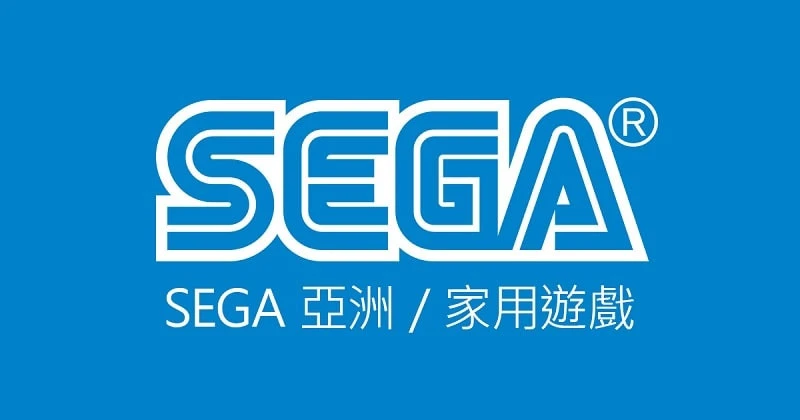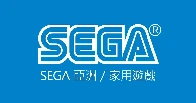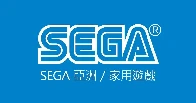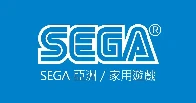oh, don't get me wrong, I'm also all against the exchange of game items with real money (specially when it affects gameplay). in my view, you could only ever put 2 "real currencies" into a game: time or money. though everyone is roughly at the same playing field for time (I understand there's a contrast between a well off kid vs a hard worker adult) people are born with absurd differences in wealth, so much that the game itself becomes meaningless when that factor is introduced (the so called p2w).
when I say "amazing" I am talking about non-p2w mmorpgs - otherwise is just plain old capitalism hehe. the concept of grinding can be very interesting in the sense that it adds risk to the gameplay, in this case the risk of wasting time. basically all non-p2w games implement this risk in different ways: if you die in Mario it's the time to the start of the level/checkpoint (seconds), in WoW is time attributed to a few gold coins/respawn walk (minutes), in games like Tibia you lose 10% of all your progress (sometimes amounting to months/years). I've been a lifelong mmorpg player and one thing I realised is that the more you have to lose, the more thrilling the game becomes and the more immersive it gets (at a big cost, sometimes your own sanity).
I do agree with the things you and the Sega guys are bringing up. NFT and decentralisation of authority over game items allows that and doesn't add anything nice. imo, the only viable and fair monetisation for any game is retail and subscription models




